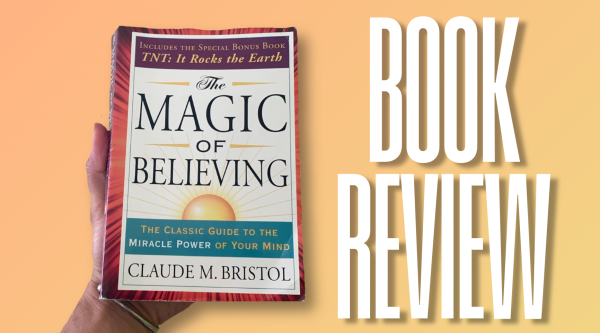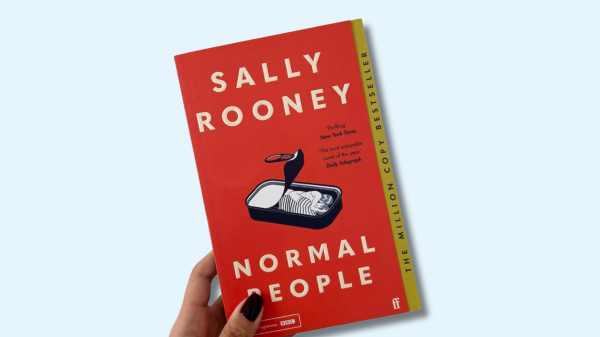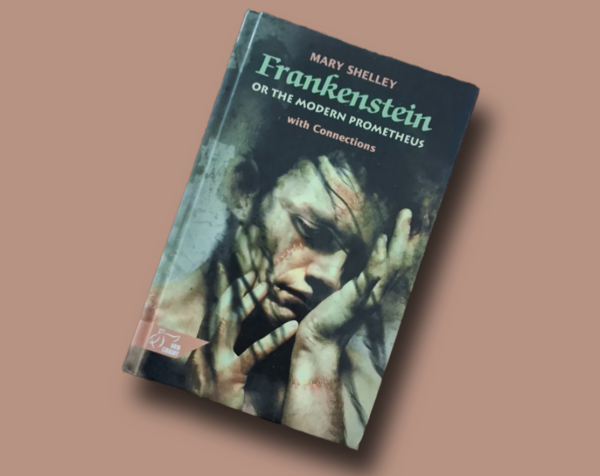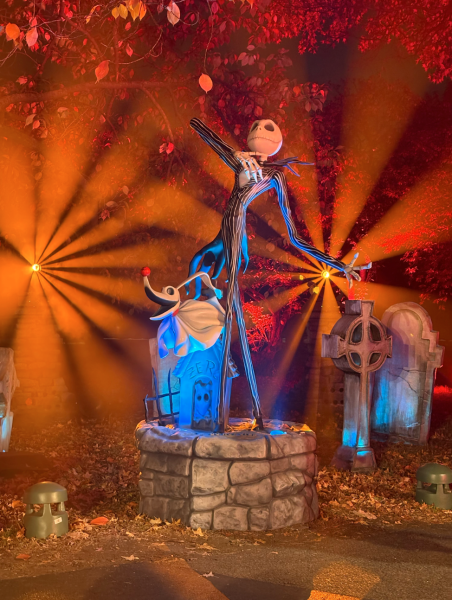“Shuggie Bain,” A Stunning Debut About Family, Love and Loss
Douglas Stuart’s autobiographical debut novel, “Shuggie Bain,” encapsulates his tragically beautiful experience with a reality previously unseen. He is a writer with the utmost understanding of himself and his environment, and his writing reflects a bleak world that transcends language and sinks into readers’ hearts. Winner of the Booker Prize and a finalist for the National Book Award, “Shuggie Bain” is a profoundly beautiful story of loss, family and coming-of-age queerness.
Set in 1980s Scotland, during the age of Thatcherism and rampant Poll Taxes, “Shuggie Bain” chronicles the Bain family in intimate—and often heartbreaking—prose. In the small, crowded apartments inhabited by protagonist Hugh “Shuggie” Bain, his mother and several siblings, Shuggie becomes a young caregiver to his burdened mother, Agnes, who grapples with her mental health as the Bain family slowly unravels.
As readers watch Agnes and Shuggie navigate new environments in Scottish mining towns and tenements, they become aware that Stuart’s capacity for crafting characters with complexity and accuracy is bold, and needed, in contemporary fiction. While Agnes’s actions are inexplicably detrimental to the safety and well-being of her children, Stuart and Shuggie are able to see the humanity of her actions, and allow her character to occupy the narrative in a way that implores discussion and reflection.
As a deeply political novel, “Shuggie Bain” encapsulates the dangers of conservatism in England with the same intimacy he affords his characters. As Shuggie’s father, Shug, leaves his mother to begin a new life, Stuart crafts character and setting to mirror that of relations between Scotland and England, whose intertwined histories do not make them compatible in future relations. This same capacity for flexible prose is in conversation with the aspects of Shuggie’s Queerness. As Shuggie matures throughout the novel, Stuart chronicles his experience as a young, gay man with striking images of bullying, neglect and abuse, which dissect his struggles with the same delicate language he uses for Agnes. In this delicate symmetry between reality and fiction, Stuart exerts meaning onto his prose that reads like Dickens’s “David Copperfield” while conversing with the contemporary, making this debut a masterpiece.
This capacity for emotional depth is something not commonly found in debut novels, and is what makes “Shuggie Bain” one of the most profound debuts of 2020. Stuart’s novel debuted in Feb. 2020, but did not receive widespread circulation until it was released in paperback in the final months of 2020. As it swept book clubs and holiday wish lists, Stuart became one of the most closely watched literary figures in early 2021. The 44-year-old Scottish-American fashion designer began working on Shuggie Bain almost ten years ago, and is currently working on his highly-anticipated second novel, “Loch Ave.”
While many critics have cited Hanya Yanagihara’s “A Little Life” as a comparable title for its emotional complexity and stunningly distressing story, “Shuggie Bain” goes beyond Yanagihara to give readers a deeply personal self-reflection with retrospective prowess and intimacy, which bounds from every one of the novel’s nearly 400 pages. In a way, “Shuggie Bain” has more in common with Showtime’s TV show “Shameless,” whose character Ian has a mesmerizing—and often equally as disheartening—character development that aligns with Shuggie’s.
This ability to converse beyond Thatcherism and familial struggle, and include contemporary culture, is what makes “Shuggie Bain” a feat of literature. As one of the best books of 2020, the suspense for Stuart’s second novel amounts as much in real life as it does in his prose. Until then, readers will have to explore Shuggie’s adolescence over-and-over again, surely to gain something meaningful with each new read.













































































































































































































